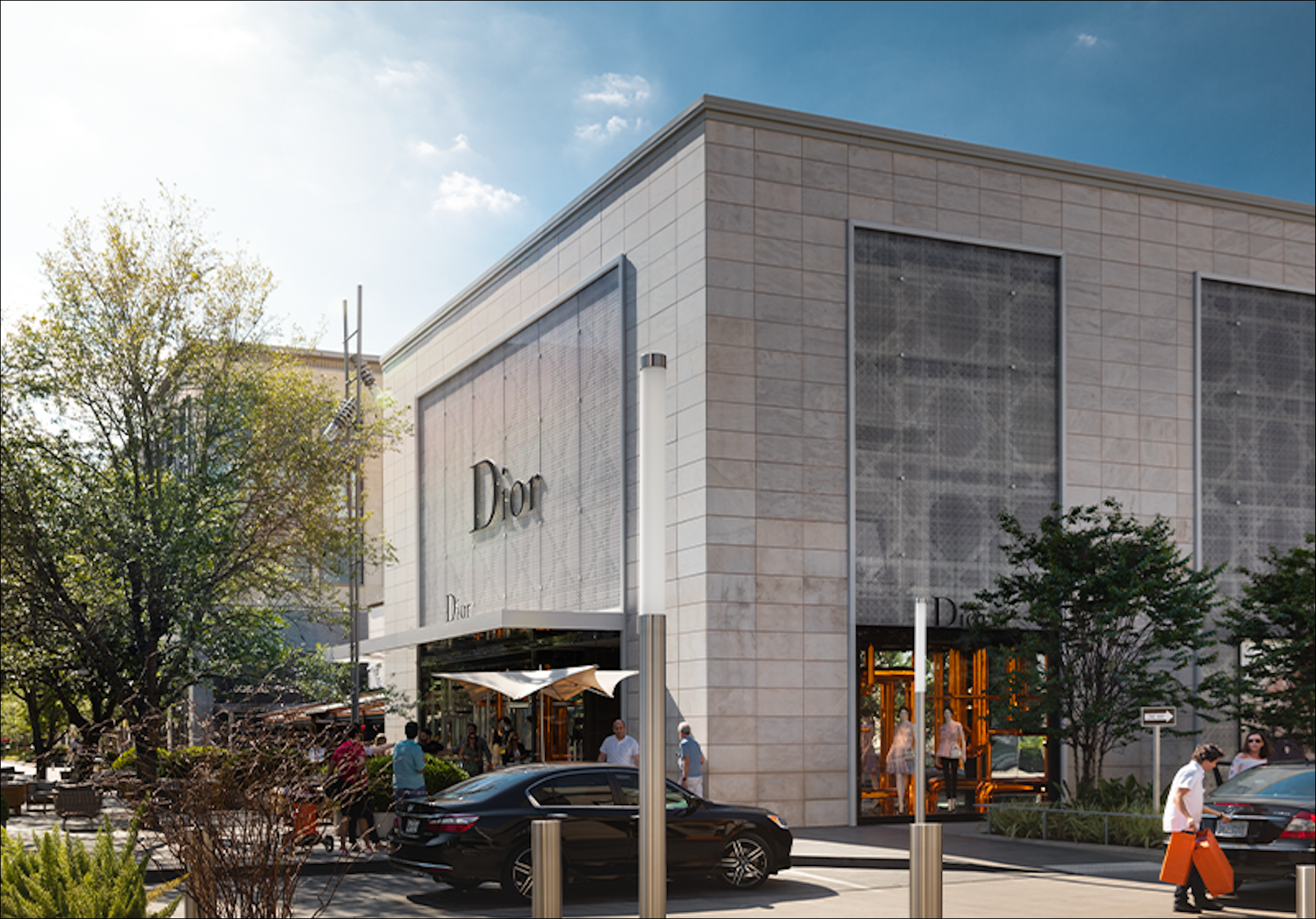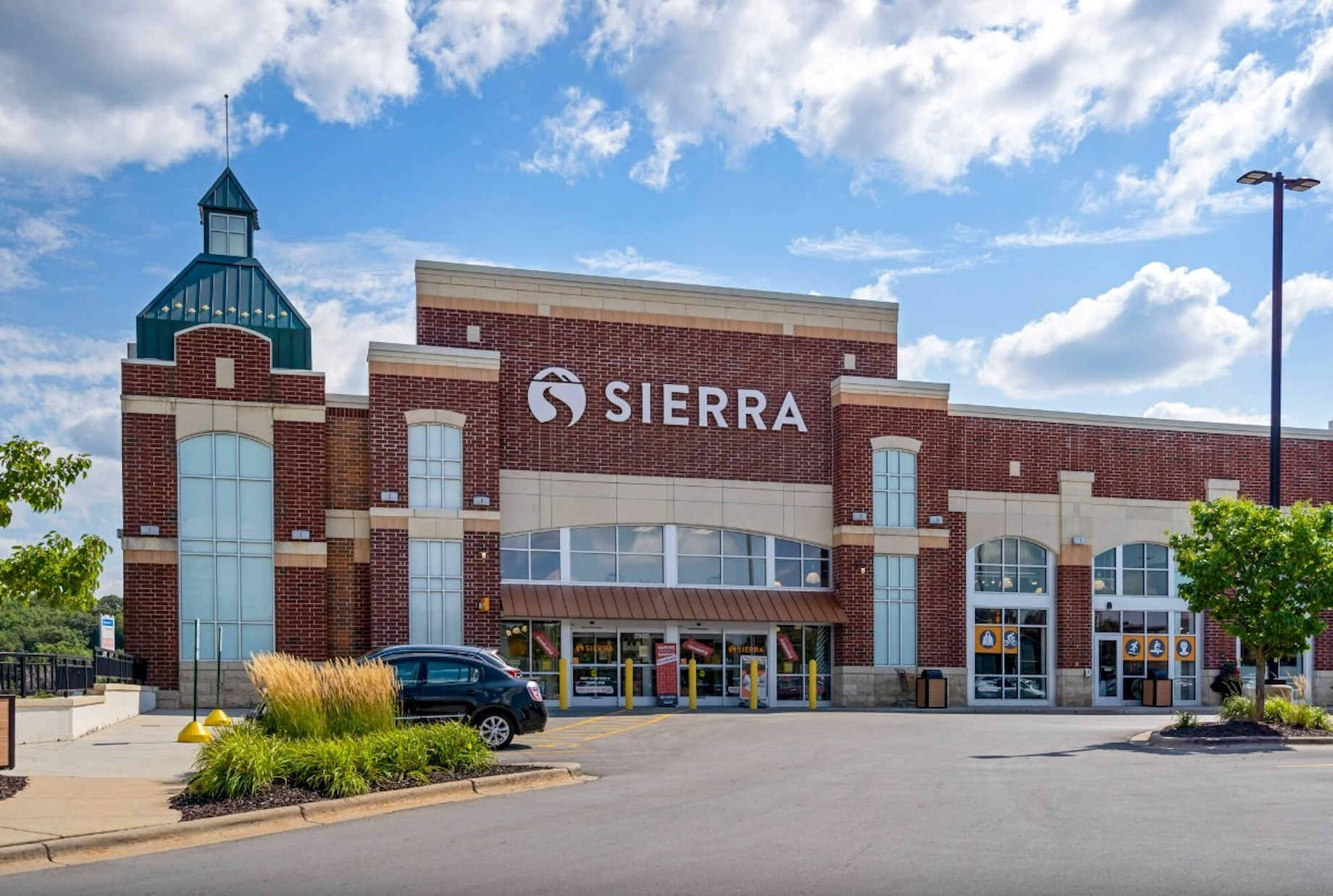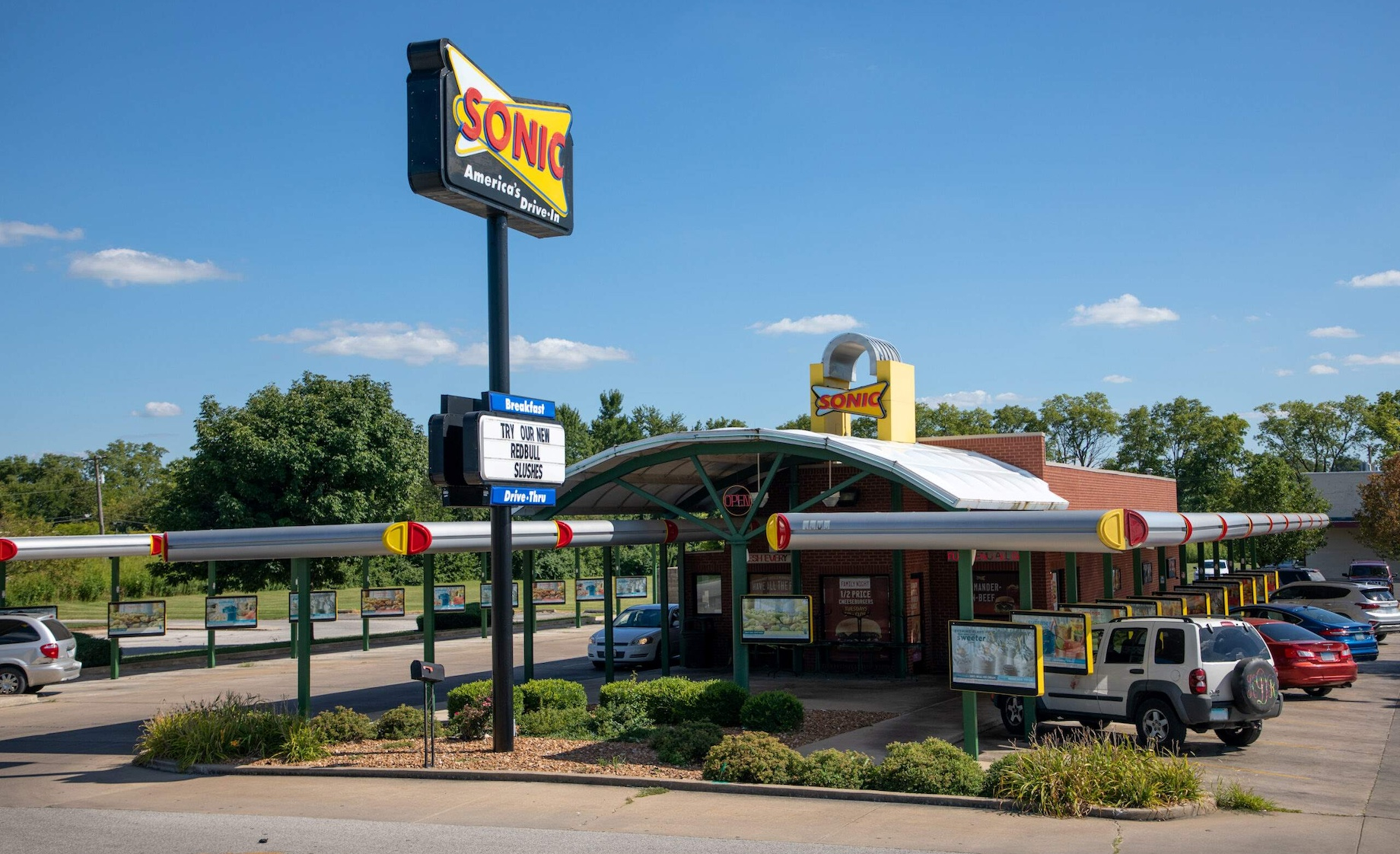3 Retailers Adding Locations in the U.S., Including 800 Aldis
Discount grocer Aldi is embarking on a massive $9 billion, five-year plan to add 800 stores nationwide. This includes 330 more stores in the Northeast and Midwest and additional stores in Southern California and Phoenix, as well as entry into new markets like Las Vegas.
Kohl’s will offer baby gear, furniture, activity, feeding, bath and safety products in Babies R Us-branded shops in 200 Kohl’s stores. The rollout will launch in August, and approximately 200 locations will follow in the fall.
Generation Tux, an online men’s formalwear rental company from Men’s Wearhouse co-founder George Zimmer, will move into the brick-and-mortar channel with a showroom in Columbus, Ohio. More physical stores will follow this year.
ICYMI: 2024 Store Plans for Whole Foods, Best Buy, Ross Stores, Nordstrom Rack and Target
Specific Reasons for Store Closures: 970 Family Dollars, Plus Allbirds, Outdoor Voices and The Body Shop
Dollar Tree Inc. is taking decisive action to improve profitability and unlock value at its Family Dollar chain. The retailer said this week that it plans to close about 600 Family Dollar stores in the first half of the current fiscal year, by the end of July. The company will close an additional 370 or so Family Dollars and 30 Dollar Tree stores as their leases expire in the coming years. The company operated 16,774 stores as of Feb. 3, of which 8,359 were Family Dollar stores.
The closures are part of a plan to strengthen the Family Dollar brand. Family Dollar’s 3.2% same-store net sales increase was comprised of a 2.5% increase in traffic and a 0.7% increase in average dollars per purchase. Same-store net sales at Dollar Tree-brand stores, meanwhile, increased 5.8%, driven by a 7.4% increase partially offset by a 1.5% decline in average dollars per purchase.
Companywide, net sales climbed 8% to $30.6 billion in 2023, while same-store net sales increased 4.6%. Dollar Tree Inc. expects a low- to mid-single-digit increase in same-store sales in the first quarter of fiscal-year 2024.
The stores targeted for closure are no longer profitable, and the investment required to bring them up to the standard of the brand’s top-performing stores would not be cost-efficient, according to Dollar Tree Inc. CEO Rick Dreiling. “We have had in the past a real estate strategy that wasn’t really focused on maximizing value, and what we’ve done is picked stores we don’t think have a long-term future and hopefully we’ll be able to transfer sales from closed stores to operating stores.”
Many of the units marked for closure were operating at a loss that was substantial, according to CFO Jeff Davis. “Over time, rents, shrink and other exogenous factors has driven the stores to a point where they’re operating at a very significant loss,” he said.
Meanwhile, Allbirds will close 10 to 15 of its 58 stores after a 14.5% decline in revenue in 2023. The closures target recently opened, larger stores originally meant for a broader apparel selection. The shoe brand is ditching that approach in favor of a streamlined focus on footwear.
Employees told The New York Times that athletic apparel retailer Outdoor Voices will close all 16 of its stores on Sunday and go online only. A 64% valuation drop from 2018 to 2020, pre-COVID, may have been a sign of things to come.
The Body Shop similarly could become an exclusively online brand. It has filed for restructuring administration in the U.K. and is shuttering all 50 of its U.S. stores, 33 of its 105 Canada stores and 82 of its 198 U.K. stores. Refinery proposed that the brand’s decline began with its 2006 acquisition by L’Oreal, which sowed doubt among loyalists who had been inspired by its cruelty-free ethos. Natura acquired The Body Shop in 2017. Aurelius then bought the brand in January 2024, and the next month, the executive who had led the deal resigned from Aurelius. Retail Gazette reported that Body Shop finances may have been worse than due diligence had revealed, possibly prompting his departure.
5 Recent Trades That You’ll See More of in 2024
The U.S. retail property sector remained remarkably active in 2023, recording more than 20,000 transactions for a ninth consecutive year. This brisk pace even surpassed the average deal flow observed from 2011 and 2020, according to Marcus & Millichap. Several factors fueled investor interest in retail properties in 2023: low vacancy, steady rent increases and resilient consumer spending. The market attracted a diverse group of investors, including those using 1031 exchanges to reinvest their capital. Most of those 20,000 transactions involved properties valued between $1 million and $10 million.
And with the possibility of slightly lower interest rates and ample capital ready to be invested by both private and institutional players, Marcus & Millichap expects investor activity in retail to stay strong this year.
More from C+CT: Ready to Buy Retail Property This Year? Here’s a Close Look at Your Competition
Here are five transactions exemplifying what analysts expect to see in 2024:
The High-Priced Trophy
Houston’s River Oaks District, 663,408 square feet, sold for $450 million to the owner of the Houston Rockets, Golden Nugget casinos, hospitality company Landry’s and other assets. The property includes 302,668 square feet of retail, a movie theater, 279 apartment units and 67,060 square feet of office. “Fertitta Entertainment is acquiring one of the most highly sought-after, trophy mixed-use assets in the U.S.,” said JLL Capital Markets national retail group co-leader and Dallas office senior managing director Barry Brown. JLL represented the seller and procured the buyer.

The retail portion of River Oaks District is leased to luxury and contemporary brands like Hermes, Cartier, Dior, Harry Winston, Van Cleef & Arpels, Brunello Cucinelli and Balmain, as well as food-and-beverage and service- tenants.
The Multiproperty Deal Following a Merger
Kimco is selling some of the shopping centers it acquired last year in its blockbuster purchase of RPT Realty. Last week, the REIT sold eight power centers totaling 1.5 million square feet to KPR Centers for $180 million. Four of the centers are in Florida, two are in Missouri and two are in Wisconsin. Tenants include Dick’s Sporting Goods, Marshalls, Michaels, Ross Dress for Less and The Fresh Market.

KPR Centers acquired Delafield, Wisconsin’s Nagawaukee Center and seven other power centers from Kimco Realty.
The Mall Owner’s Capture of an Anchor
Macy’s shed its retail space at the Mall at Fox Run in Newington, New Hampshire. The company sold its men’s and women’s store buildings to the mall's owner, Torrington Properties, for $16.25 million. Torrington bought the Sears there in 2022 and then the mall in 2023. The acquisition of the pair of Macy’s buildings gives Torrington complete control of the mall so it can redevelop the entire property. The decision by Macy’s to sell aligns with its strategy to offload as much as $750 million worth of underperforming stores and focus on locations with higher profit potential.
The Back-Filled Big-Box Success
Real estate investment firm PMAT Cos. acquired the six-building, 649,668-square-foot Orland Park Place open-air center for $74.6 million. Nordstrom Rack, Dick's Sporting Goods, Marshalls and Ross Dress for Less anchor the 45-acre center, and furniture retailer Steinhafels has leased the former Bed Bath & Beyond there. The center sits in Chicago’s Southwest Cook County submarket, and more than 160,000 people live within five miles. According to Mid-America, which facilitated the transaction for seller DRA Advisors, the average household income surpasses $133,000.
The Net Lease Investment in Fast-Food
A 1031 buyer acquired a 2,450 square-foot, ground-leased Sonic in Irving, Texas, for $1.8 million. Surrounding corporate offices drive lunchtime sales at the drive-in, said Randy Blankstein, president of The Boulder Group, which represented the seller.

A Sonic in Irving, Texas, sold for $1.8 million
Consumers May Be Raising the Caution Flag at Long Last
U.S. retail sales excluding gas and auto grew modestly in February, according to the U.S. Census Bureau. The 0.3% increase from January suggests continued consumer spending, but the figure falls short of expectations. This follows a January decline of 0.8%. “Consumers are still spending as a result of a resilient labor market and continued wage growth,” said ICSC research manager Matthew Panfel. “However, the smaller-than-expected growth combined with the decline in January indicate that consumers are starting to tread more cautiously.”
Building supply stores, likely recovering from weather-related slowdowns in January, and electronics stores led February’s growth.
By Brannon Boswell
Executive Editor, Commerce + Communities Today